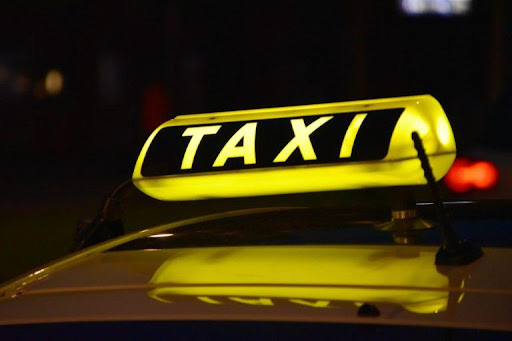No matter how careful you are in traffic, others are not. The result is often a traffic accident. For example, a rear-end collision because someone else does not see (in time) that you are standing still at a zebra crossing to allow a pedestrian to cross. Or because you are hit by a car while cycling because it does not give you priority. (Dutch: aangereden door auto) The question then is, who is at fault in a collision.
Who is at fault in a collision?
A collision can cause you unpleasant and even permanent injuries. Common injuries resulting from a collision include fractures or whiplash. (Dutch: whiplash) You may suffer damage as a result of this injury. But to recover your personal injury damages, it is necessary that you know who is at fault in the event of a collision. Because you can only claim personal injury if the other party is guilty and therefore liable.
Who is to blame in a collision is determined by the law. But every country has different rules. Sometimes, however, it is not necessary to look at the law and it is quickly clear who is at fault in the event of a collision. For example, in the event of a rear-end collision. The person who hits you from behind is generally at fault and therefore liable for the damage you have suffered and will still suffer. The same applies if you do not obey a traffic rule. The person who violates this rule is guilty of the resulting collision.
Who is liable for personal injury after a collision?
The person at fault in a collision is in principle also liable for the damage suffered by the personal injury victim. But there are special rules about liability. For example, within the European Union. There is a directive active within the Member States, the EU Motor Insurance Directive. Under this insurance, in most countries within the European Union, a personal injury claims after a collision can be submitted directly to the car insurance of the at-fault party.
It is also important that you can always file a personal injury claim in your own Member State. The above guideline also states that you can file a personal injury claim in your own country. Even if you have been hit by a car in another Member State. Every insurance company in the Member States must ensure that it has a representative in all other Member States. This is nice, because you can submit a personal injury claim in your own language and in your own country.
What personal injury is eligible for compensation?
If liability has been recognized by the at-fault party or his car insurance company, you are entitled to compensation for personal injury. This consists of various damage items, both material and immaterial. Non-material damage is also called compensation for damages.
Material damage is damage items that can be valued in money. This includes loss of income due to disability, medical costs incurred, travel costs to doctors and costs for taking over household tasks.
Compensation for damages is compensation for the consequences of a collision that cannot be valued in monetary terms. For example, pain in the neck because someone has suffered whiplash in a rear-end collision. Furthermore, it is compensation for, for example, fear of driving after a traffic collision.





